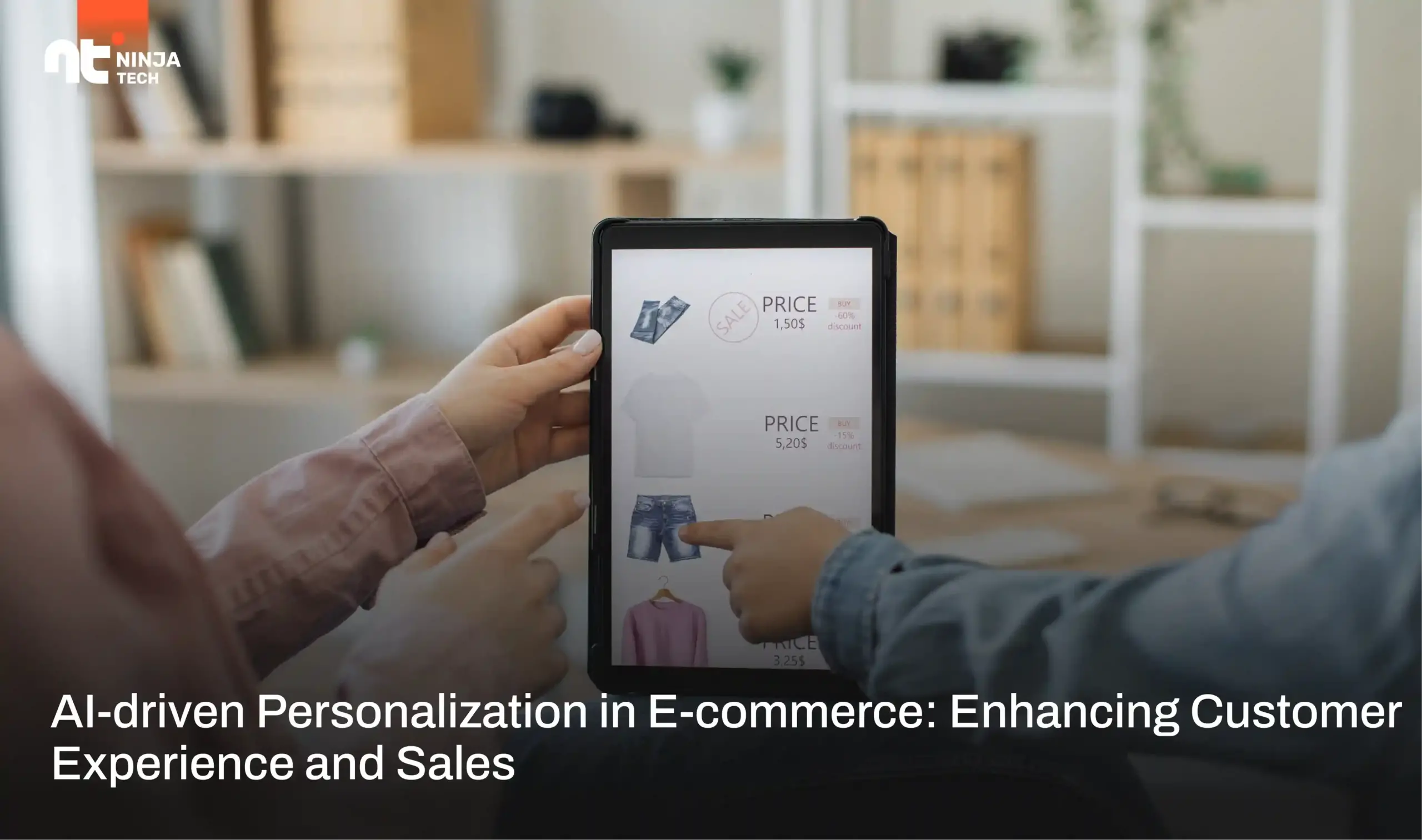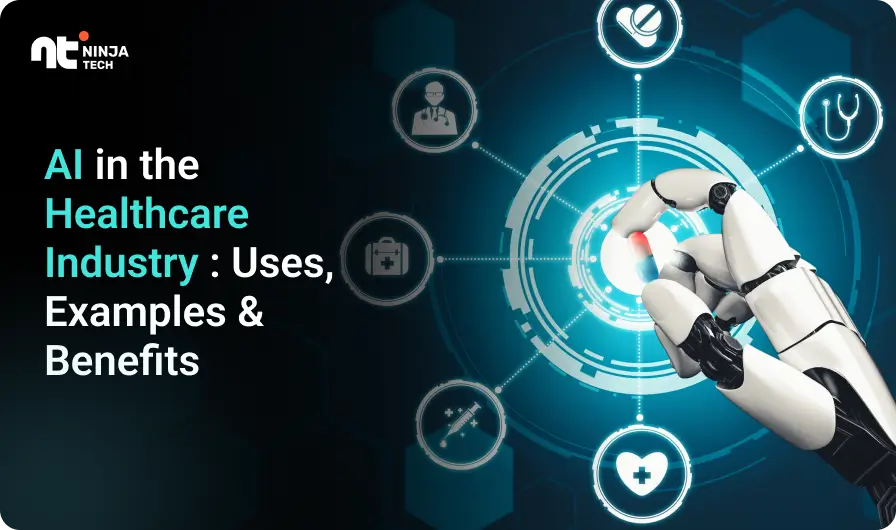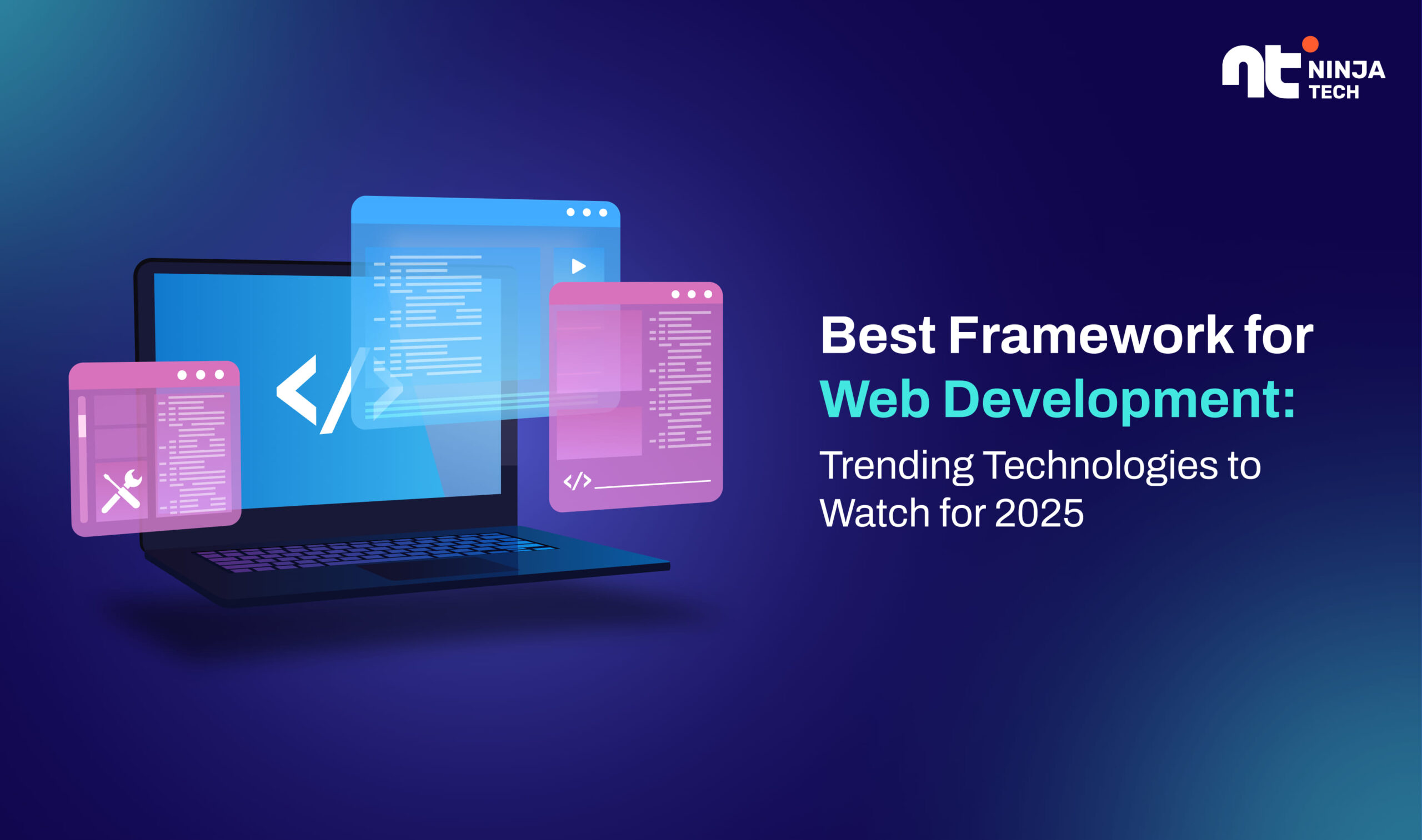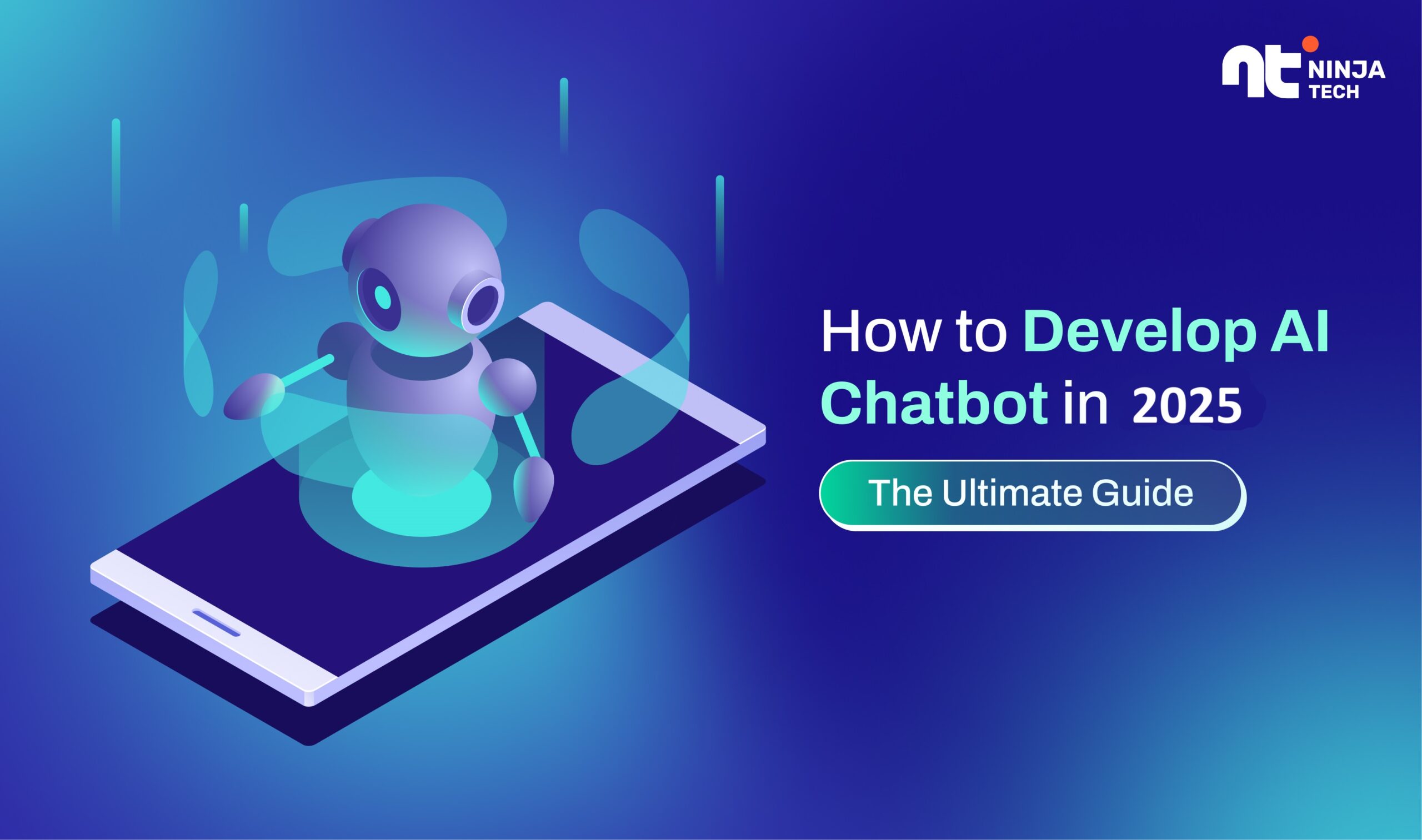AI-driven Personalization in E-commerce: Enhancing Customer Experience and Sales

In the fast-evolving landscape of e-commerce, personalized experiences have become a cornerstone of success. With the proliferation of AI technologies, businesses are now able to tailor their offerings to individual customers like never before. This shift from one-size-fits-all marketing to hyper-personalization is not just a trend but a strategic imperative for staying competitive in the digital marketplace.
Understanding AI-driven Personalization

AI-driven personalization in e-commerce involves using advanced algorithms and machine learning techniques to analyze vast amounts of data about customers. This data includes browsing history, purchase patterns, demographic information, social media activity, and more. By leveraging this data effectively, e-commerce platforms can create highly personalized shopping experiences for each user.
Key Benefits for E-commerce Businesses

- Improved Customer Engagement: Personalized product recommendations, tailored marketing messages, and customized shopping experiences increase engagement by making interactions more relevant and valuable to the customer.
- Increased Conversion Rates: By showing customers products that align with their preferences and past behavior, AI-driven personalization can significantly boost conversion rates. When customers feel understood and catered to, they are more likely to make a purchase.
- Enhanced Customer Loyalty: Personalization fosters a sense of loyalty by creating a unique shopping experience that resonates with each customer. When customers feel valued and appreciated, they are more likely to return for future purchases.
- Optimized Inventory Management: AI algorithms can also help businesses optimize their inventory management by predicting demand more accurately based on historical data and trends.
How AI Enables Personalization
- Machine Learning Algorithms: Algorithms analyze customer data to identify patterns and predict future behavior, such as what products a customer is likely to be interested in next.
- Natural Language Processing (NLP): NLP helps understand and analyze customer reviews, feedback, and social media interactions to extract valuable insights about preferences and sentiment.
- Recommendation Systems: These systems use collaborative filtering, content-based filtering, or hybrid approaches to suggest products that are most likely to interest each individual customer.
- Predictive Analytics: By analyzing historical data and real-time interactions, AI can predict future trends and customer behavior, allowing businesses to proactively personalize their offerings.
Examples of AI-driven Personalization in Action
- Amazon: The e-commerce giant uses AI extensively for personalized product recommendations based on purchase history, browsing behavior, and demographic data.
- Netflix: This streaming service employs AI to suggest movies and TV shows based on viewing history and preferences, improving user satisfaction and retention.
- Sephora: The beauty retailer uses AI-powered chatbots and personalized product recommendations based on skin type, color preferences, and purchase history.
Challenges and Considerations
While AI-driven personalization offers numerous benefits, there are challenges and ethical considerations to navigate:
- Data Privacy: Striking a balance between personalization and respecting customer privacy is crucial. Businesses must handle customer data responsibly and transparently.
- Algorithmic Bias: AI algorithms can inadvertently perpetuate biases if not carefully monitored and adjusted. It’s essential to ensure fairness and inclusivity in personalized recommendations.
- Integration Complexity: Implementing AI-driven personalization requires robust technical infrastructure and expertise, which can be challenging for smaller businesses.
The Future of AI-driven Personalization
As AI technologies continue to advance, the future of e-commerce personalization looks promising. Innovations in AI, such as improved natural language processing and real-time predictive analytics, will further enhance the relevance and effectiveness of personalized experiences.
Conclusion:
In conclusion, AI-driven personalization is not just a tool for enhancing sales; it’s a strategy for building lasting customer relationships in the digital age. By harnessing the power of AI to understand and cater to individual preferences, e-commerce businesses can differentiate themselves in a crowded marketplace and deliver superior customer experiences that drive growth and loyalty.


